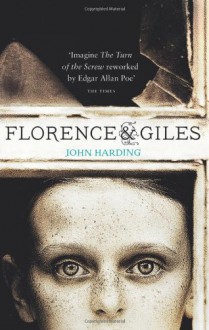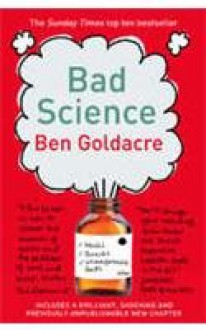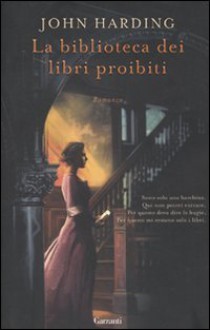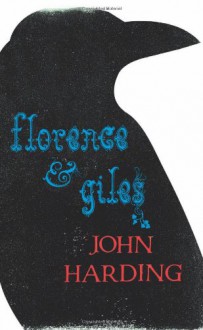Smoke and Mirrors - Neil Gaiman
I'm not the greatest fan of short stories but Neil Gaiman is one of the few writers whose shorts I'm interested in. Feel free to make your own jokes. As with any collection, enjoyment varies: I'm not a big fan of the prose poems and I skipped through a couple of stories towards the end because I'm not in the mood for reading sex scenes right now (the last few have them, most don't). However, when Gaiman gets it right, he gets it right. It's bookended by its best. The first, Chivalry, is a perfect and hillarious tale about a little old lady finding the holy grail in a charity shop; the last, Snow, Glass, Apples is a retelling of Snow White.
Overall, it's a good collection - and make sure you read the introduction because there's an excellent story in that as well - so I'm going to give it 3.5 stars. Well worth picking up if you like Gaiman's writing.
Florence and Giles - John Harding
This one a reread for me and the reveiwers quote on the front says it better than I could: The Turn of the Screw as done by Edgar Allen Poe. I liked it, although a little less than I did the first time around. I originally gave it 4 stars, the reread was 3.5.
The Perks of Being a Wallflower - Stephen Chbosky
Another reread. I liked it because I like things which are entirely of themselves, which this is. I also appreciated the fact that it was trying to be written as a series of letters, and was actually written like a series of letters. It's the type of book which is going to be important to people because they read it at the right time in their life, the way Catcher in The Rye was for me (and I know what a cliche that is, but middle-class angst, poor-little-rich-boy stuff was news; it legitimised me).
I didn't care for the "revelation" near the end - it felt a bit tacked on and, to be honest, the benefit of knowing it didn't make a difference to the reread. 3.5 stars.
Bad Science - Ben Goldacre
A fascinating and supremely accessible (and funny) book about the way PR has taken over science and controls our understanding of it. Everybody needs to read this, if only for the quantification of homeopathy. 4 stars.
Raising Steam - Terry Pratchett
A huge improvement on the last couple of novels, if not quite up there with the ones before those. At times it suffers from stilted dialogue and the characterisation isn't always quite there, but it's an impressive balance of fan service and story.
On a more personal note, I'm not a wild fan of where the series is going, although it is interesting certainly. I always loved things like Vimes' Gooseberry 2000, and with the introduction of steam to the Disc, we're moving further away from that playfulness. *sadface* Anyway, 3.5 stars.

 Log in with Facebook
Log in with Facebook 













